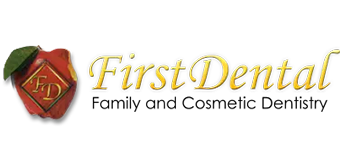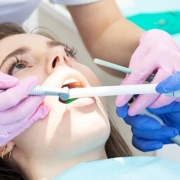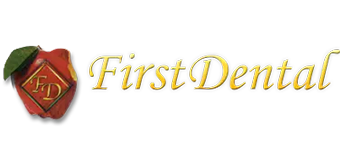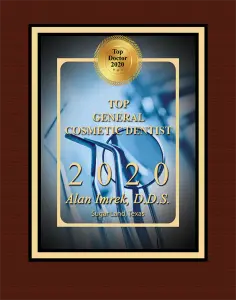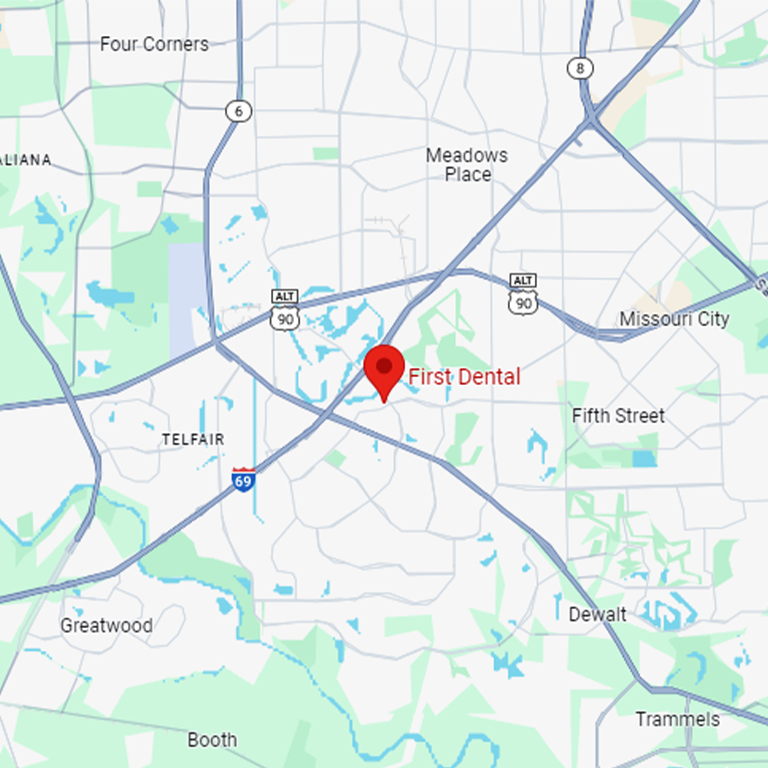10 Foods That Are Bad For Your Teeth
If you’re like most people, maintaining a healthy smile is important to you. But did you know that there are certain foods beverages that are bad for your teeth? Following are 10 of them.
 Citrus
Citrus
Citrus contains serious amounts of acid, and this can erode tooth enamel, making teeth more susceptible to decay. Rinse your mouth after enjoying a piece of citrus fruit, and consider using a straw when drinking citrus juice.
Chips
Chips break into pieces while they’re being eaten that easily become lodged between the teeth. The starch in chips gets converted to sugar in your mouth, so rinse thoroughly after eating them.
Dried Fruit
Because dried fruit is sticky, it can get stuck between the crevices of the teeth and leave behind deposits of concentrated sugars. If you love dried fruit, be sure to brush and floss after eating it.
Hard Candy
Hard candy is tough on your teeth because trying to chew it may result in broken or chipped teeth, and holding it in your mouth to dissolve literally coats your teeth with sugar. Avoid it except for on special occasions, and be sure to brush and floss after indulging.
Carbonated Beverages
Drinking carbonated beverages are another way to ensure that your teeth become coated in sugar. Using a straw helps with this, but try drinking water instead.
Alcohol
Alcohol coats the teeth with sugar, and certain kinds can leave stains. The dehydrating effect of alcohol also results in less saliva production, and saliva promotes a healthy mouth and teeth.
Energy Drinks
Although most people don’t associate energy drinks with sugar, most of them contain plenty of it. Rinse your mouth out afterward and consider using a straw.
Bread
Bread gets stuck between the teeth and contains a surprising amount of sugar — and the carbs it contains are actually transformed into more sugar when you chew it.
Fruit Juice
Fruit juice is another sugar-laden beverage that leaves your teeth coated in sugar, and the darker kinds can stain your teeth as well.
Crackers
Crackers have the same issues as chips and bread — their starch turns to sugar, and they easily get stuck between your teeth. As with other food and beverage item that potentially harm the teeth, rinse thoroughly, or better yet, brush and floss after indulging.
Please don’t hesitate to give us a call for more information on cultivating a healthy mouth and teeth.
